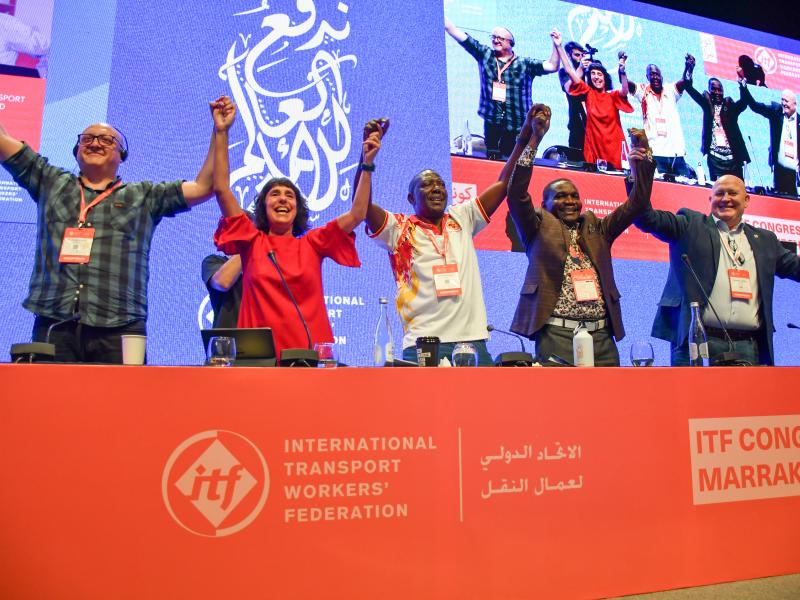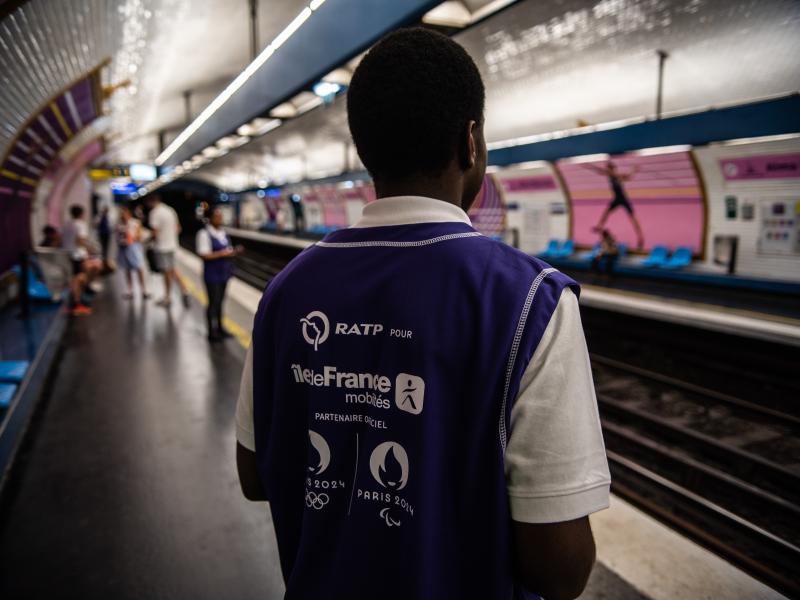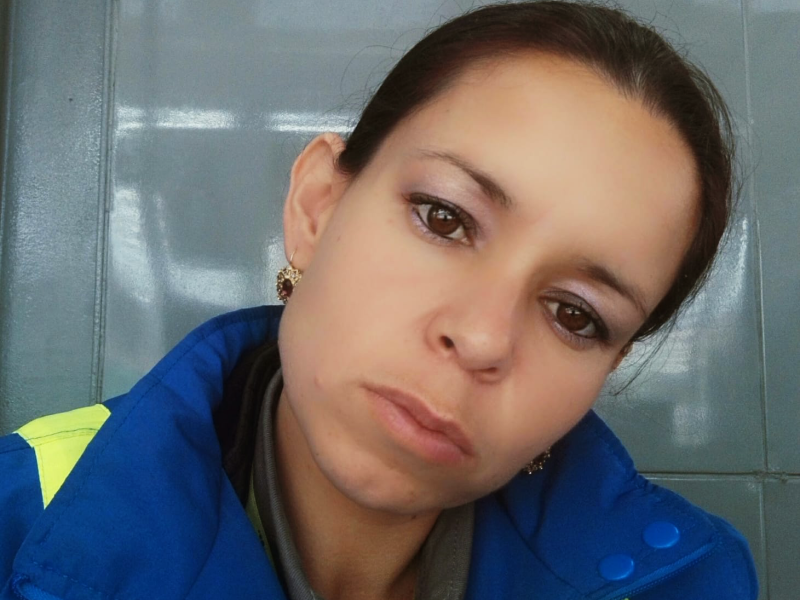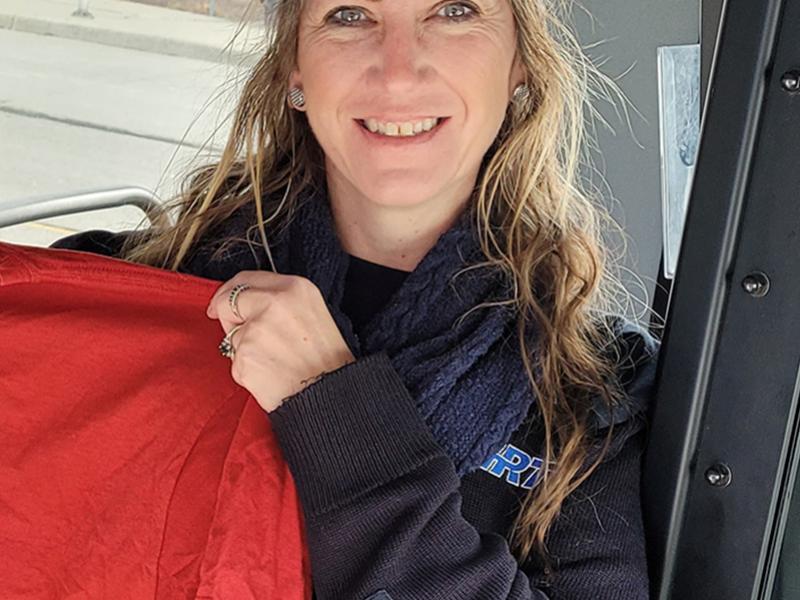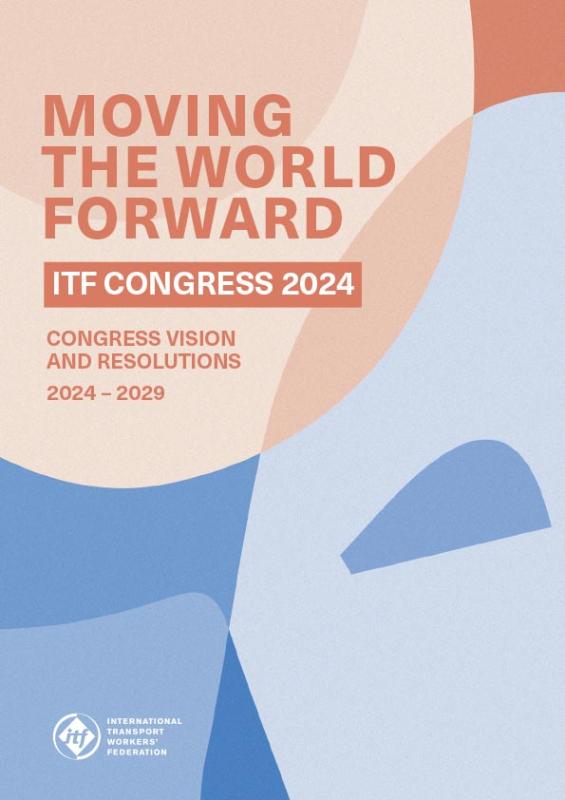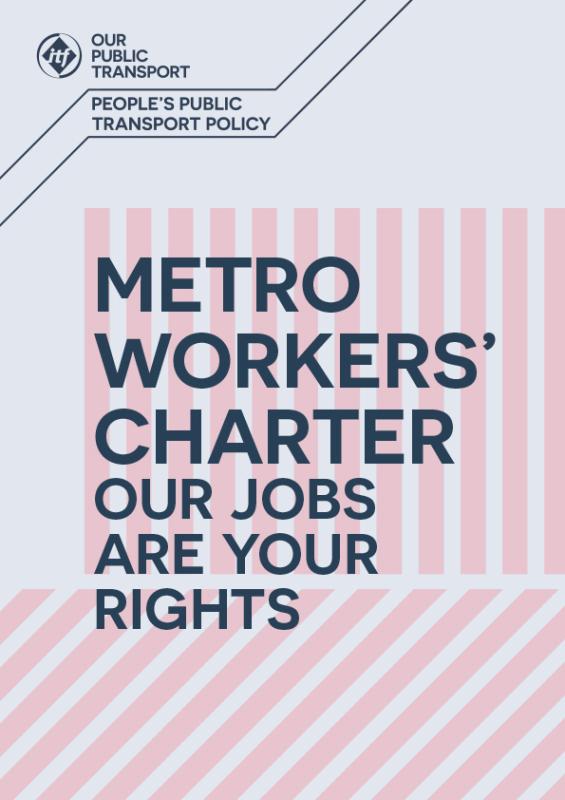Urban Transport
ISSUES
From building industrial strength to campaigning for public ownership, ITF and our affiliated unions are committed to safe and just workplaces for urban transport workers.
In the face of privatisation and deregulation, the growth of multinational companies in passenger transport and new forms of work, urban transport unions are making change happen.
The impacts of Covid-19 on workers and services in public transport mean linking immediate issues with long-term structural change, based on sustainable long-term funding, just transitions, worker-led formalisation, gender responsive workplaces and services, and the democratic governance of public transport which involves workers and passengers in decision-making.
Contact us

The ITF’s Our Public Transport programme:
- Campaigns to improve labour standards for all public transport workers, and in particular informal transport workers. We do this by increasing industrial power; building union networks in multinational companies; developing alliances with passengers, communities and other organisations; and negotiating the transition from informal to formal work.
- Focuses on target cities to strengthen the voice of workers in the development of new public transport systems, including bus rapid transit (BRT) and metro, while promoting women and youth employment in the sector.
- Promotes a social model of public transport – one built on public ownership, public investment, decent work, gender equality, worker control of technology, and climate justice.
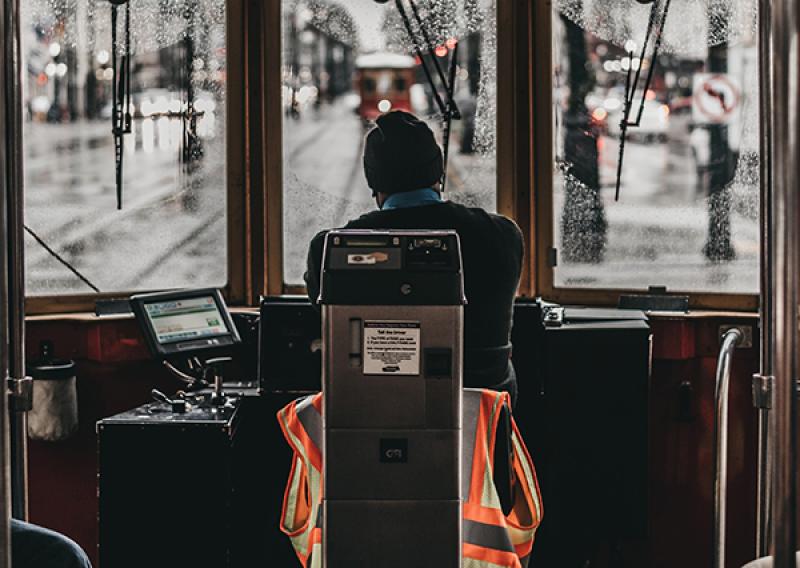
The People’s Public Transport Policy provides a worker vision of public transport that is accessible, affordable, efficient, reliable, safe, clean and integrated with a city-wide network of buses, trains, metro, ferries, taxis and trams, including cycling and walking options. The policy looks at the impacts of new technologies like electric buses, increased surveillance and the automation of ticketing, and shares union responses. It also gives recommendations for sustainable and socially just public transport funding.
Our work on buses focuses on the impact of new bus rapid transit (BRT) systems as they are introduced in cities of the global south. While policymakers promote BRT as a win-win solution, we support informal workers displaced by these systems to develop alternative models of worker-led formalisation. Informal workers need to be sure of a just transition to a future of decent work.
Our work on metro focuses on ensuring that major public transport investment benefits workers and passengers rather than corporate interests. New and legacy metro systems should be publicly owned and democratically accountable, characterised by decent work and equality between different occupational groups.
The ITF has teamed up with C40 Cities and other partners to launch The Future is Public Transport campaign. In the wake of the Covid-19 pandemic, we are calling on governments and international institutions to prioritise public transport. Together, by investing in and shifting traffic to public transport, we can both drive economic recovery and combat climate change.
Union outraged by rape on bus, demands immediate overhaul of women’s safety
We must fight for our public transport
The crucial role of transport workers at the Paris Olympics: a transport union perspective

Understanding Informal Transport In Africa
Congress Vision and Resolutions 2024-2029
Metro Workers' Charter

The ITF Urban Transport Steering Committee brings together representatives of formal and informal workers from all public transport modes. As well as women and youth leaders, it includes trade-unionists from all world regions and a diverse range of backgrounds.
| Contact us | |
|---|---|
DIRECTOR Alana Dave | |
MANAGERS James Bartholomeuz | ------------ |




